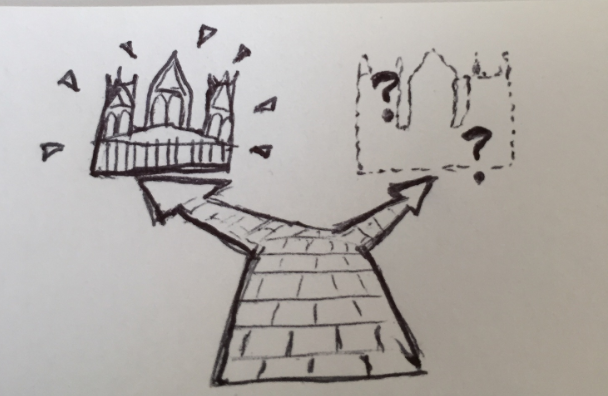The Scots Wikipedia thing is changing the way I think about the Internet and minority languages.
What happened?
Earlier this week [originally written August 28, 2020], a viral Reddit post alleged that a single editor — a non-Scots-speaking American — of the Scots-language Wikipedia has flooded the wiki with, essentially, mangled English articles translated into fake Scots, mostly by substituting word-for-word using an English-Scots dictionary. (The user in question seems to have acted in good faith; he started as a child and has apologized). Other non-Scots-speaking editors have also made many low-quality contributions. Apparently, there was never a sufficient community of actual Scots speakers on Wikipedia to keep the poor-quality “Scotched English” in check and fill the wiki with authentic Scots articles. Now the Scots Wikipedia community is stuck with the question of what to do with this fiasco of a Wikipedia: delete it, roll back to an older version, mobilize the Scots-speaking community to fix all the articles? Continue reading The Scots Wikipedia Thing
